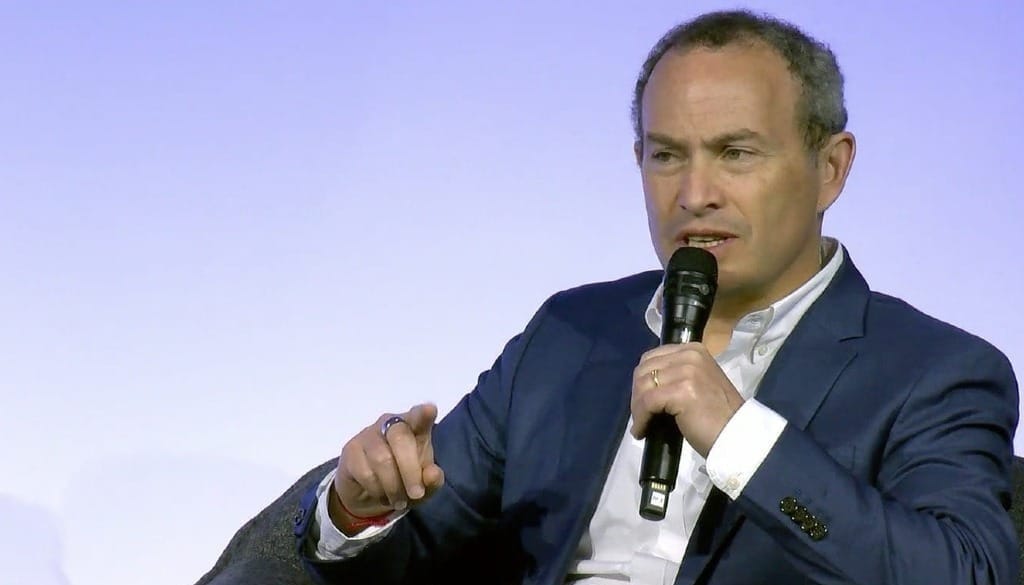EducationSuperHighway Unveils New ACP Approach
Proposal relies on Universal Service Fund amid Supreme Court scrutiny.
Jericho Casper

WASHINGTON, Dec. 4, 2024 – EducationSuperHighway, a nonprofit dedicated to bridging the broadband affordability gap, has urged Congress and the incoming Trump administration to establish a permanent broadband affordability program.
The nonprofit's plan released Wednesday, assumes the Universal Service Fund funding mechanism will remain intact, despite its future being uncertain. The U.S. Supreme Court is set to rule on whether the USF's funding mechanism, which collects fees from telecommunications providers, is constitutional.
Critics argue it improperly delegates Congress's taxing authority to the Federal Communications Commission, potentially jeopardizing the funding source for programs like the one proposed by EducationSuperHighway.
“To ensure every household has reliable, affordable internet, Congress should create a new permanent broadband affordability program targeted toward those who truly need it,” said Evan Marwell, CEO of EducationSuperHighway.
“The benefit should only apply to entry-level home broadband plans, and it can be revenue-neutral, fully funded by repurposing USF High-Cost Program funds as they expire,” Marwell said.
Key features of EducationSuperHighway’s proposal include:
- Targeted Support for the Most Vulnerable: Focused on the 16.3 million unconnected households and an additional 3 million at risk of being disconnected;
- Revenue-Neutral Funding Approach: By reallocating resources from expiring USF High Cost Programs, the program avoids raising the USF ceiling or relying on new taxpayer funding. This cost-neutral strategy ensures sustainable support for households in need;
- Limitations to Prevent Overspending: Subsidies apply only to entry-level broadband plans priced at $30 or below, or $75 on Tribal lands or in high-cost rural areas, ensuring the program focuses on affordability without supporting households already paying for advanced plans; and
- Coordination with Lifeline: The program complements the existing Lifeline program, which also supports mobile services, to avoid duplicative spending while addressing in-home broadband needs.
EducationSuperHighway’s proposal comes as affordability remains a significant challenge for many households. A recent survey from U.S. News & World Report, found that 53% of respondents struggle to afford their monthly internet bills.
Additionally, 87% of respondents expressed support for Congress to reinstate the Affordable Connectivity Program (ACP), which provided Internet subsidies to 23 million low-income households before exhausting its full funding in May.









Member discussion